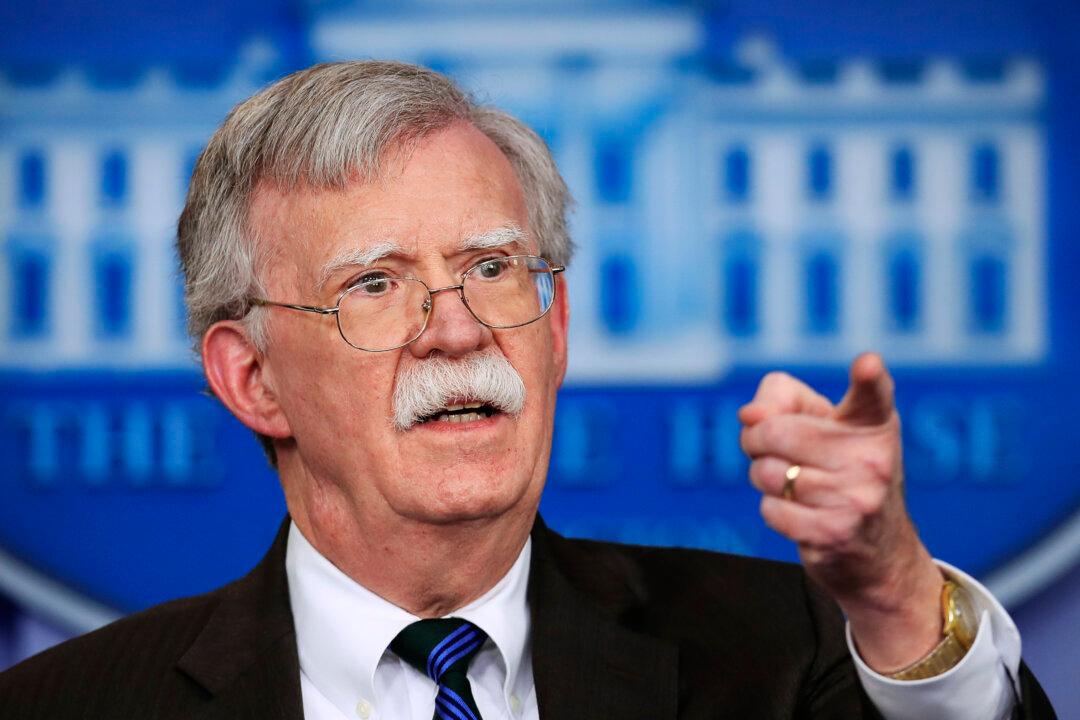WASHINGTON—The Trump administration wants to see an increase in U.S. investment and trade in Africa as part of a new strategy aimed at countering China’s growing influence on the continent.
National security adviser John Bolton is expected to lay out priorities on Dec. 13 for what the administration calls “the continent of the future” during remarks at the Heritage Foundation.





